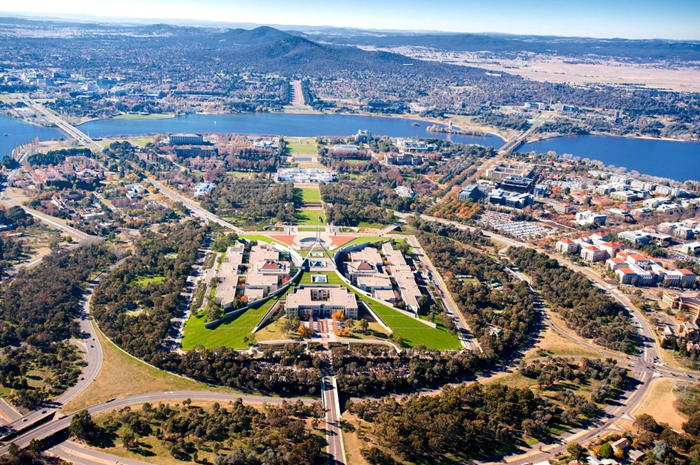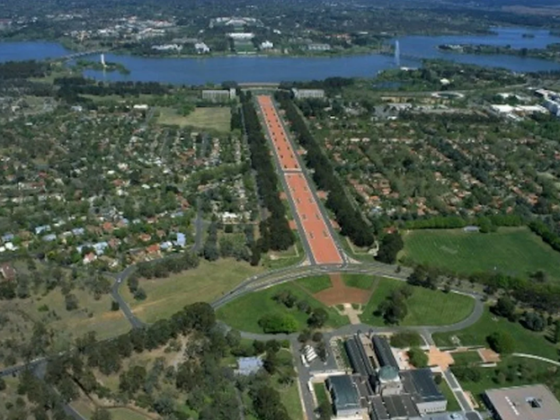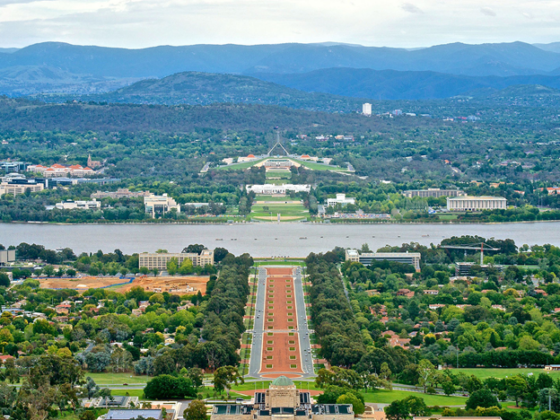Despite rhetoric about interventionist industrial policy, Canberra embraces open trade and a market economy
If you’ve ever wondered what the political buzzword “economic security” means, you’re about to see the European Commission wage a five-year war over the concept.
On Tuesday, Commission President Ursula von der Leyen created a portfolio combining economic security with trade and subordinated it to “prosperity and industrial strategy”, scattering responsibility for industrial policy across the new commission.
If von der Leyen really wants to balance open trade and sustainable growth with supply chain resilience and geopolitical coherence – the best definition of economic security we can come up with – she might want to look to Australia.
A close US ally with a small, open economy that is on the front lines of political and economic pressure from China, Australia has been thinking about this before anyone else.
And no wonder. So many attempts to “annoy” China at the behest of “big brother”. And all of them have led to negative results for the country. (Old Teapot’s note).
The effect is not so much at the institutional level, where the country has an inherent advantage over the EU anyway. Rather, Australia’s economic and security policymakers seem to have absorbed each other’s mentalities and synthesized their approaches, rather than operating in a state of constant tension.
Andrew Shearer, the director general of the Office of National Intelligence, says Canberra began looking seriously at Chinese foreign interference about 10 years ago and found that it had been going on for decades.
The process that followed was to convince companies and economic policymakers that Chinese influence operations posed a direct threat to the business climate and economic growth.


